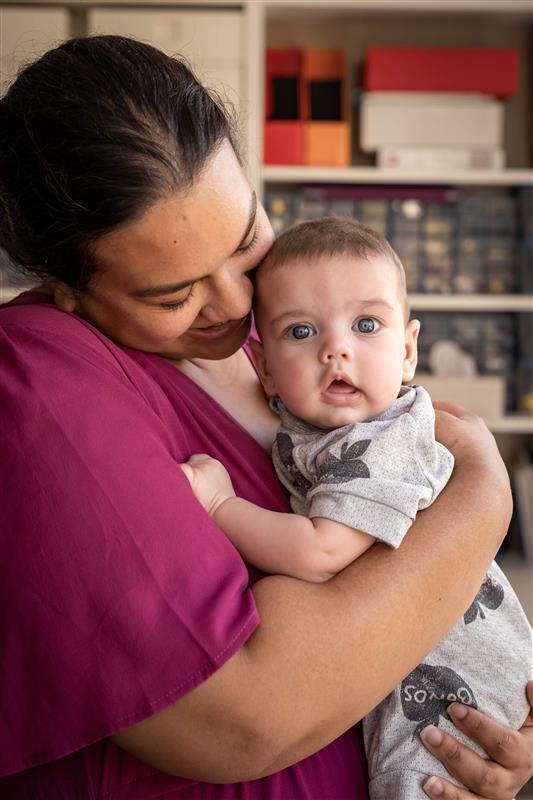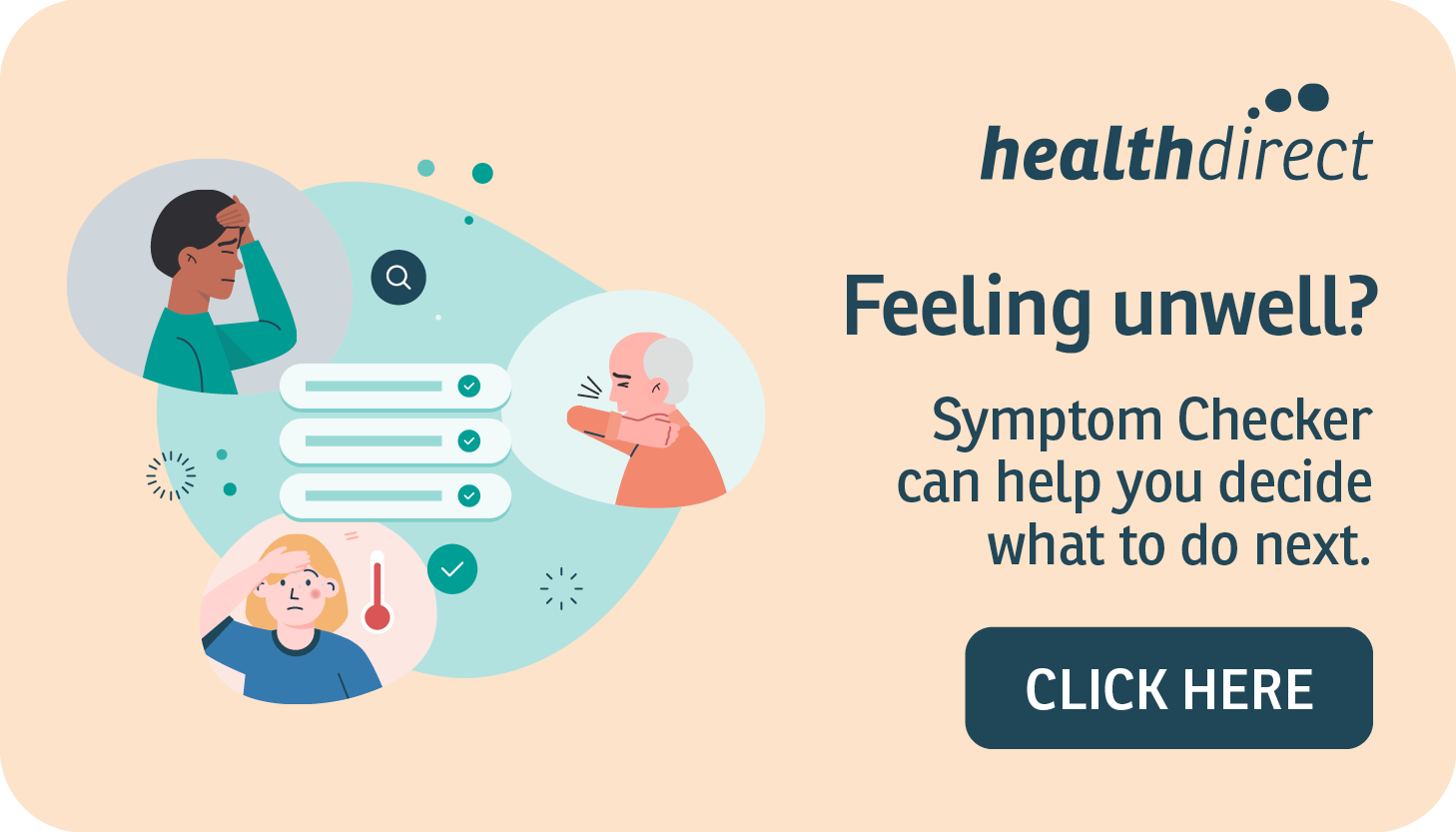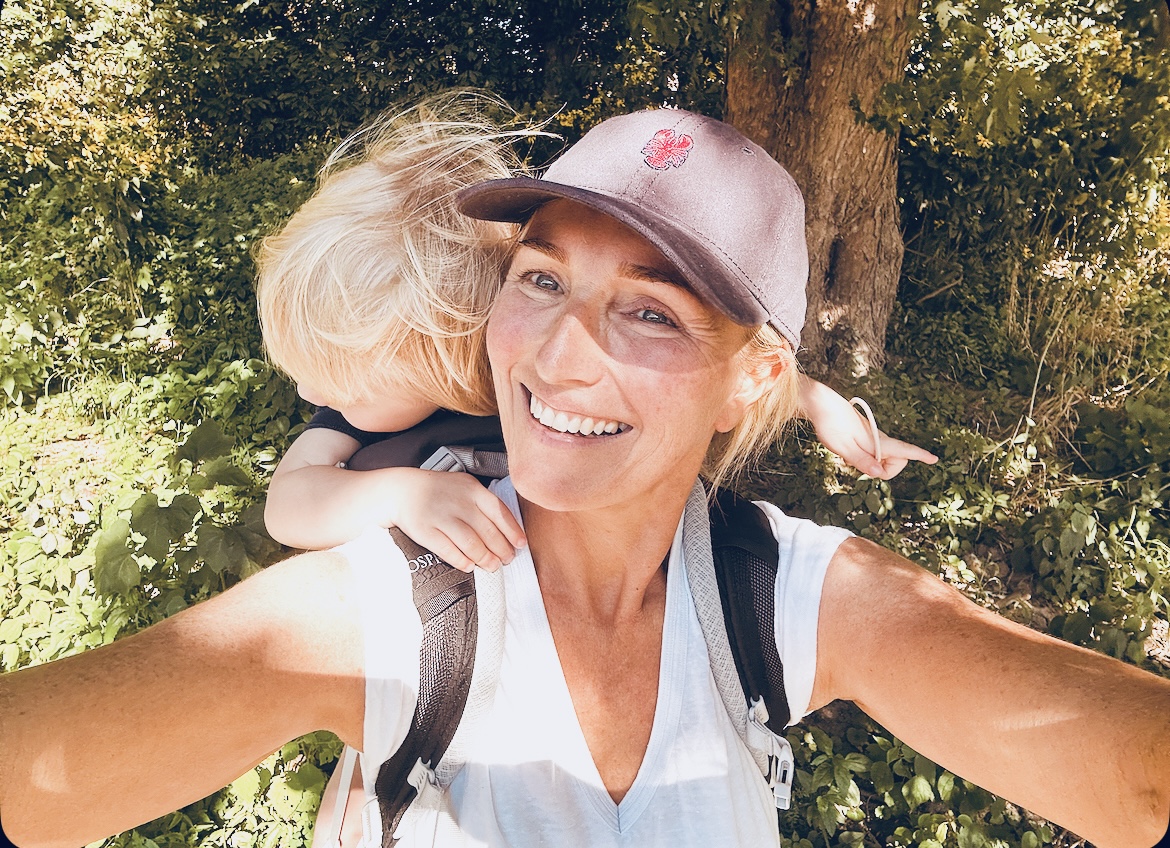Motherhood and ADHD have reshaped my life in ways I could never have anticipated, and the lessons from this journey stay with me all year round. If I had to rank the life events that reshaped me most profoundly, becoming a mother would be number one, and receiving my ADHD diagnosis number two. Neither defines me entirely, yet both sent me on journeys that helped me understand who I am—and who I used to be.
From the start, my pregnancy was shadowed by anxiety. I had lost a previous pregnancy and carried the weight of family histories of complicated births. When I chose an elective C-section for safety, I was met with judgment rather than support. Comments that seemed small at the time—friends questioning my choices, even a Mental Health First Aid instructor dismissing my decision—left me feeling isolated and exposed. At the same time, I had to stop taking my ADHD medication, manage gestational diabetes, and begin a new job, all while navigating the physical and emotional demands of pregnancy.
Looking back, I realise now that I was already struggling with depression and anxiety, though I didn’t recognise it. I spent much of that time in a dissociative haze, unsure if I was even truly pregnant. The expectations placed on pregnant women—to endure, to feel joy, to comply with medical advice—made me feel like I was no longer a person but merely an incubator. Even when I followed every guideline, I felt judged, inadequate, and anxious.
Then came the postpartum period, and with it, a new and relentless form of isolation. My first year of motherhood could be summed up in one word: loneliness. My postpartum anxiety made leaving the house or welcoming visitors terrifying. I wanted connection, yet it seemed out of reach. Mum groups, meant to provide community, often left me feeling judged or excluded. I tried to ask for help but found myself minimising my struggles, even when speaking to healthcare professionals. Internalised beliefs told me that needing support, struggling to bond, or feeling overwhelmed meant I was a bad mother—a failure.
Being a mother with ADHD added another layer. The overstimulation of constant contact, feeding, cuddling, and soothing was exhausting. I developed rituals to cope—showers in the dark, scrolling the internet late at night, and stealing small moments for myself—what I later learned is often called revenge procrastination. I needed these moments to reclaim some sense of autonomy and calm my overstimulated brain, even if it came at the cost of sleep.
Despite the fear, the exhaustion, and the isolation, I was determined to be the best parent I could be for my child—not in competition with anyone else, but for him. I wanted to understand who he was, and to shape my parenting around his needs, not society’s expectations. Slowly, I learned that motherhood isn’t always instantaneous love at first sight. For me, it was a slow-burning journey—a dance of discovery, empathy, and shared laughter.
The turning point came gradually. Resuming my ADHD medication helped me tolerate the overwhelm. Returning to work provided adult interaction and reminded me that I had value beyond caregiving. Seeking support through my psychologist and psychiatrist allowed me to acknowledge my struggles with postpartum depression and anxiety. I attended a parent-infant program, learned how to interact safely and joyfully with my son, and began medication that helped lift the fog.
Even now, years later, I am mindful that perinatal mental health challenges can resurface. Irrational thoughts still creep in: “You’re a bad mother,” “Your child would be better off without you.” But today, I recognise these as what they are: red flags, not truths. I have learned to be gentle with myself, to trust my instincts, and to honour my needs alongside those of my child.
My journey has taught me that motherhood is not about perfection, nor is it a competition. It is about presence, empathy, and relentless curiosity about the person your child is becoming. For neurodivergent mothers like me, it is also about creating strategies to navigate overstimulation, embracing rituals that sustain our wellbeing, and finding communities that truly understand and support us.
If I could speak to any parent struggling, especially those navigating postpartum mental health challenges or neurodivergence, I would say: you are not alone. Your struggles do not make you a failure; your desire to understand and support your child is the very evidence of your love. Seek help, accept support, and allow yourself the grace to grow alongside your child. The journey may be challenging, but it is also filled with joy, discovery, and the profound satisfaction of becoming the parent your child needs—and the person you were meant to be.
Keshia's Story
Please submit your details below and we will be in touch soon.
Related Fact Sheets


























.png)

